


We combine intellectual capital with critical thinking and detailed analyses across the 12 allied disciplines of wealth management to create whole-system thinking and integrated strategies that address your needs.
This is complex work with a multitude of variables that can produce opposite results. It’s a workspace in multiple dimensions. We are educated, trained and experienced for this work.
We manage the support systems and processes across
100 tailored personal wealth management workflows.




In each role, we contribute differently as you look to us with different needs at different times. Most often, we contribute simultaneously across all capacities in differing degrees.
As leaders, we provide motivation and direction. As counselors, we help remove barriers. As advisors, we provide technical advice. And as managers, we carry out process.
Taken together, we are always working to position you in your place of greatest potential.




What makes plans work is saving and capital growth. The playing field is arrayed with no shortage of obstacles that conspire to impair both saving and capital growth.
Whatever or whoever the conspirators are, capital growth is paramount. Forces outside and within your control must be well-managed.
We tailor and manage your investment operations to help reduce unforced errors and mistakes and compound your long-term, after-tax returns.




Tax-planning and strategy may offer opportunities to minimize and optimize your tax expenses. The time for tax planning and strategy development occurs at the beginning, not at the completion of an investment or tax year.
We provide guidance focused to your unique situation and help you exercise care to engage in tax planning that is flexible enough to help you respond to changing market conditions, tax law changes and unexpected outcomes.




We prepare informative studies that help you see if your assets and investment strategies are on track to successfully support your dreams and desires and sustain you without an earned income for as many as 30 to 40 years in retirement.
As you approach retirement, we help you see beyond this hard-earned moment in time, spot hidden risks, map a path and contribute our experience and resources to help you reach your goals.




We help you understand your current level of risk exposures and help identify personalized solutions that seek to help protect the risk-exposed areas of your financial life.
We review how your assets are titled to maximize your protection in the event of a lawsuit or other claims.
We help coordinate your business and personal insurance with your employer-provided benefits to help avoid any gaps or overlaps in coverage and help integrate your insurance policies with your estate plan.




We help you budget and manage expenses to reduce debt, increase savings, improve your long-term investment compounding rate, and fund your important life goals.
We offer a responsive and operational framework to help you meet less predictable, hard-to-monitor short-term expenses while meeting ongoing financial commitments and tracking to your short-term, intermediate and long-term objectives.




Cash management is a key component of liquidity management. It includes the efficient management of your cash flow, investments and cash reserves in order to achieve your overall financial objectives.
As inflation remains high with high interest rates, we help you deploy your cash flow and cash positions to earn higher interest rates.
Liquidity and cash management also involve managing the risk of short-term financing and making sure cash is available when needed.




We help you recognize that planning for the retention and transfer of your wealth is far more than numbers on a balance sheet and minimizing estate transfer taxes.
Your wealth also comprises your family and its health, education, life’s experiences, knowledge, relationships, mental and physical fitness, values and spirituality.
We help you express the conscience and wishes for what you have and leave behind and the constitution of privileges and responsibilities to guide all concerned.




We help you explore the motivations and develop and articulate the benefits, framework, discipline and communication of contributions you wish to make to communities that extend beyond your family.
We help you discover, establish and affirm the values, beliefs, attitudes, preferences and priorities for your contributions to your chosen communities. Then we help you with the ongoing management and administration of your philanthropic assets and endeavors.